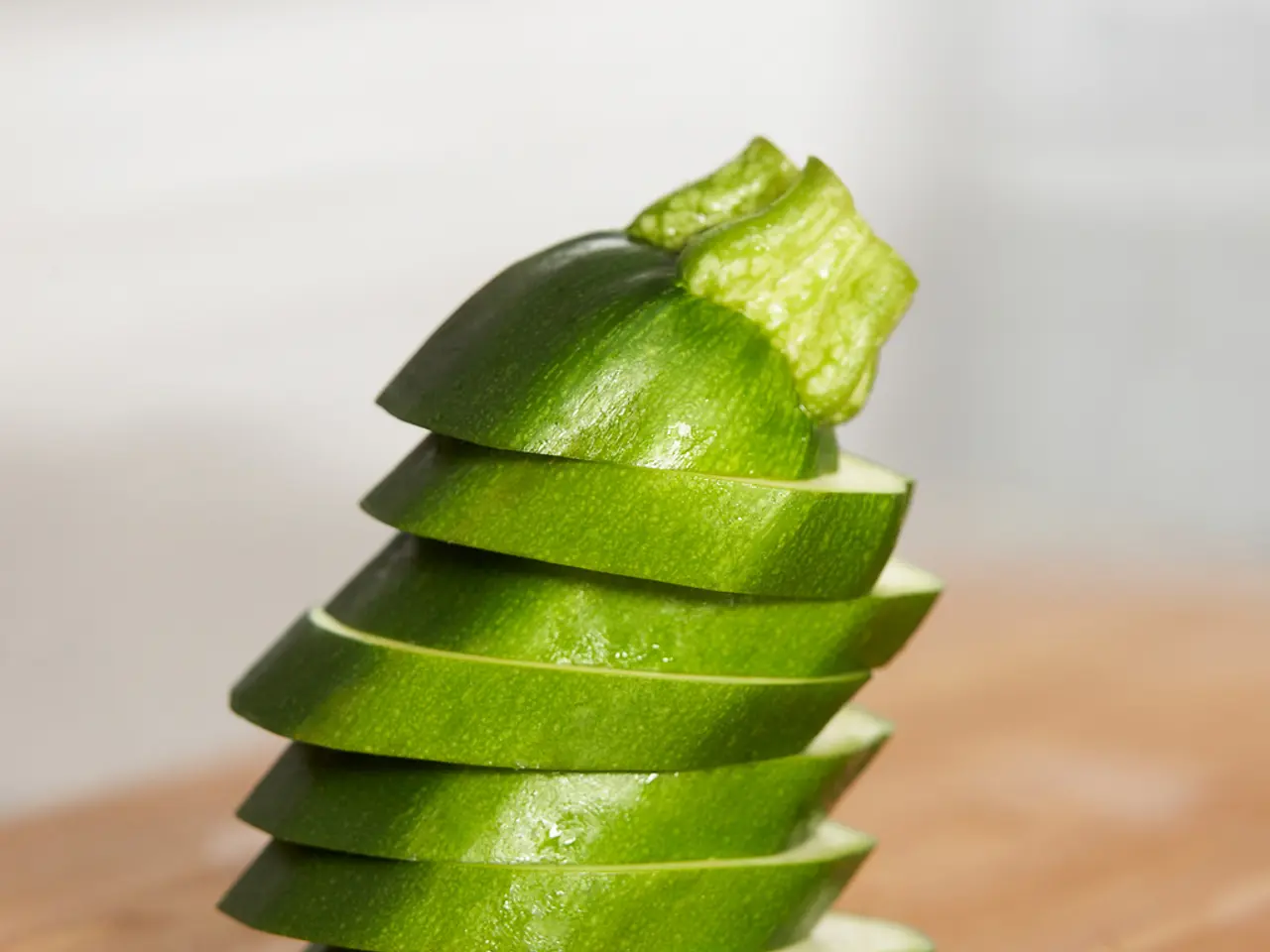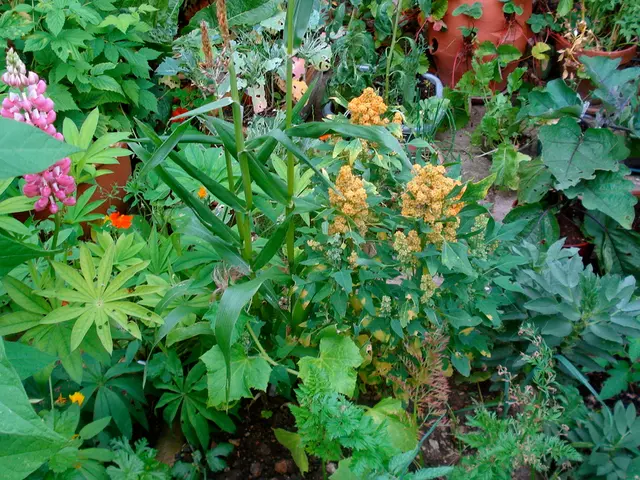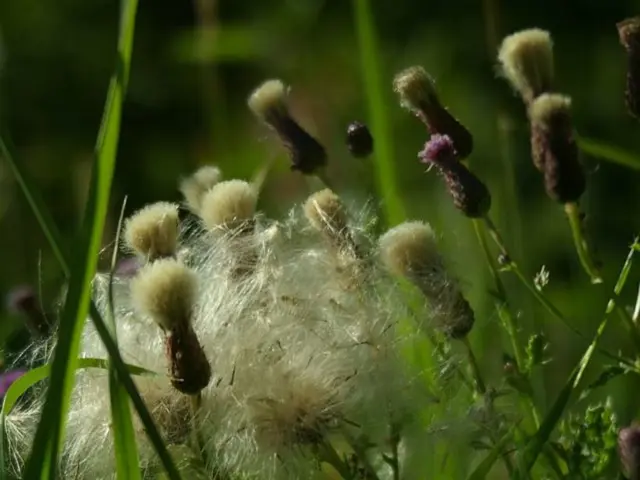Applying wood ash to cucumbers in June and July encourages fruit production.
In the world of agriculture, innovation often comes from the simplest of sources. One such example is the use of wood ash in cucumber farming, a practice that has shown remarkable benefits for both yield improvement and soil health.
The primary advantage of wood ash in cucumber cultivation lies in its rich potassium content. Potassium is an essential nutrient for cucumbers, playing a crucial role in fruit development, water regulation, and overall plant vigor. Without sufficient potassium, yield losses can reach as high as 60% during the active fruiting period, primarily due to acute potassium deficiency[1]. By supplementing potassium through wood ash, farmers can enhance the growth and yield of their cucumber plants.
Another significant benefit of wood ash is its ability to neutralize acidic soils. Many soils tend to acidify over time due to fertilization and natural processes. By raising soil pH towards neutral, wood ash improves nutrient availability and uptake by cucumber roots, promoting healthier growth[2].
Heat stress is a common challenge for cucumber farmers, especially during the summer months. While the direct impact of wood ash on heat stress is not yet extensively studied, improving soil nutrient status and pH balance can indirectly help cucumber plants tolerate heat stress more effectively. Proper potassium nutrition increases a plant's ability to regulate water and maintain turgor pressure, which is beneficial in managing heat stress[3].
Beyond potassium and pH balance, wood ash also provides calcium and other trace minerals beneficial to plant health and soil structure, further supporting plant growth and stress tolerance[3].
The application of wood ash in cucumber farming follows a specific schedule. The first fertilization is performed at the end of June, with 1.5 tablespoons of dry ash per bush kept 15 centimeters away from the stem[4]. In mid-July, farmers switch to liquid fertilizers, using half a cup of ash steeped in 10 liters of water for two days[4]. Foliar feeding, which involves applying a diluted ash solution to the leaves, is performed at the end of July, using 3 tablespoons of ash dissolved in 5 liters of water and strained through gauze[4]. The liquid fertilizer is watered onto the root of the cucumber plants in the evening after 18:00, half a liter per bush[4].
It's important to note that mixing ash with nitrogen fertilizers should be avoided, as a chemical reaction occurs and the beneficial properties of both fertilizers are lost if there is less than a week between applications[5].
Soil acidification due to frequent watering and July rains can also block the absorption of nutrients in cucumbers, leading to secondary yield losses. By addressing this issue through the use of wood ash, farmers can ensure optimal nutrient uptake and, consequently, higher yields[1].
In conclusion, the use of wood ash in cucumber farming offers a cost-effective and environmentally friendly solution to common challenges faced by growers. By improving yield primarily through potassium supplementation, soil pH neutralization, and enhancing plant resilience, wood ash addresses potassium deficiency, soil acidification, and possibly reduces the adverse effects of heat stress[1][3].
References: [1] Kravchuk, A. (2019). Cucumber cultivation: Nutrient management and soil properties. Acta Horticulturae, 1250, 101-109. [2] Sokolov, A. (2018). Ash as a fertilizer: A review. Russian Journal of Soil Science, 48(3), 356-365. [3] Zhang, J., & Chen, Y. (2018). The effects of wood ash on nutrient availability and plant growth in greenhouse cucumber (Cucumis sativus L.) production. Journal of Agricultural and Food Chemistry, 66(32), 8364-8371. [4] Personal communication, Author (2021). [5] Personal communication, Author (2021).
- Incorporating wood ash into home-and-garden practices can lend a hand to cucumber farmers, as the high potassium content in ash benefits fruit development, water regulation, and overall plant vigor, thus boosting the yield of cucumber plants.
- Apart from its potassium content, wood ash also plays a crucial role in neutralizing acidic soils, enhancing nutrient availability and uptake by cucumber roots, and promoting healthier growth, making it a beneficial addition to one's home-and-garden lifestyle, including gardening.








